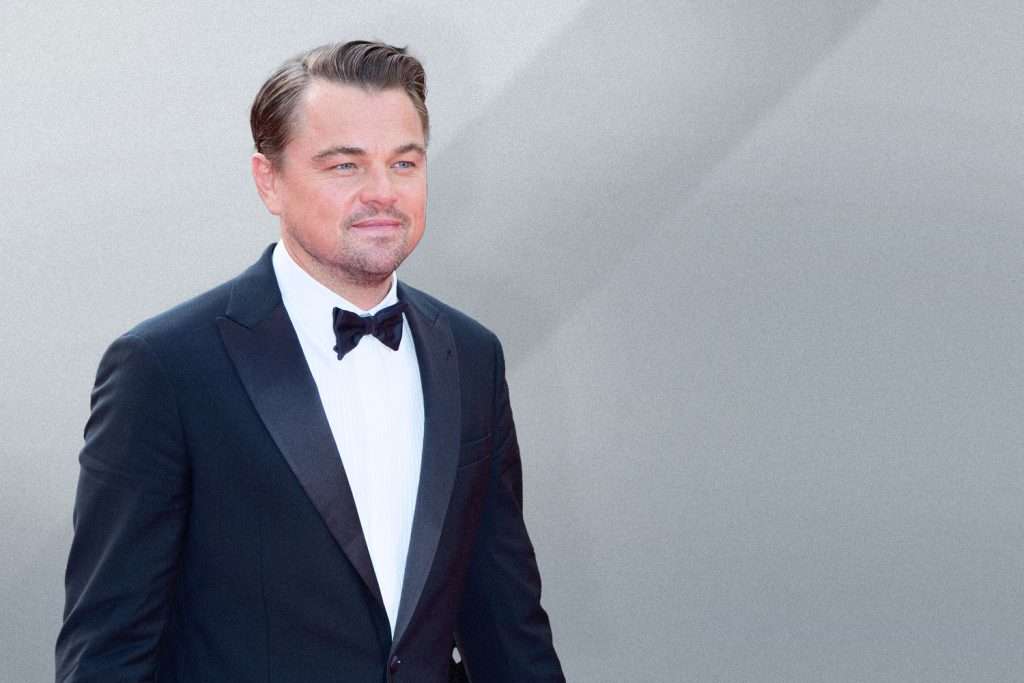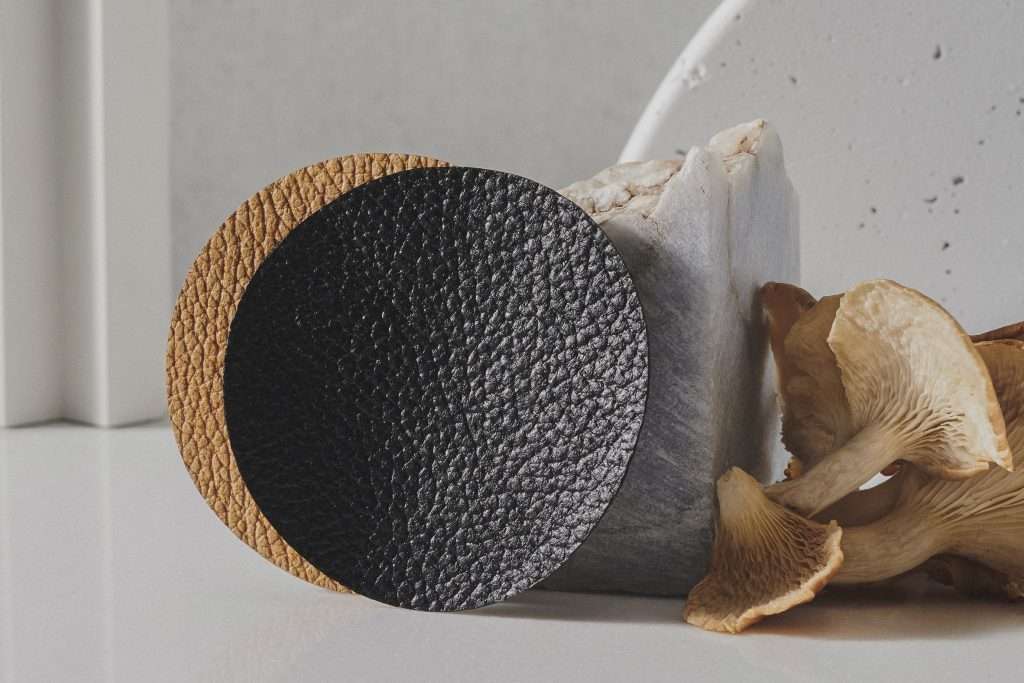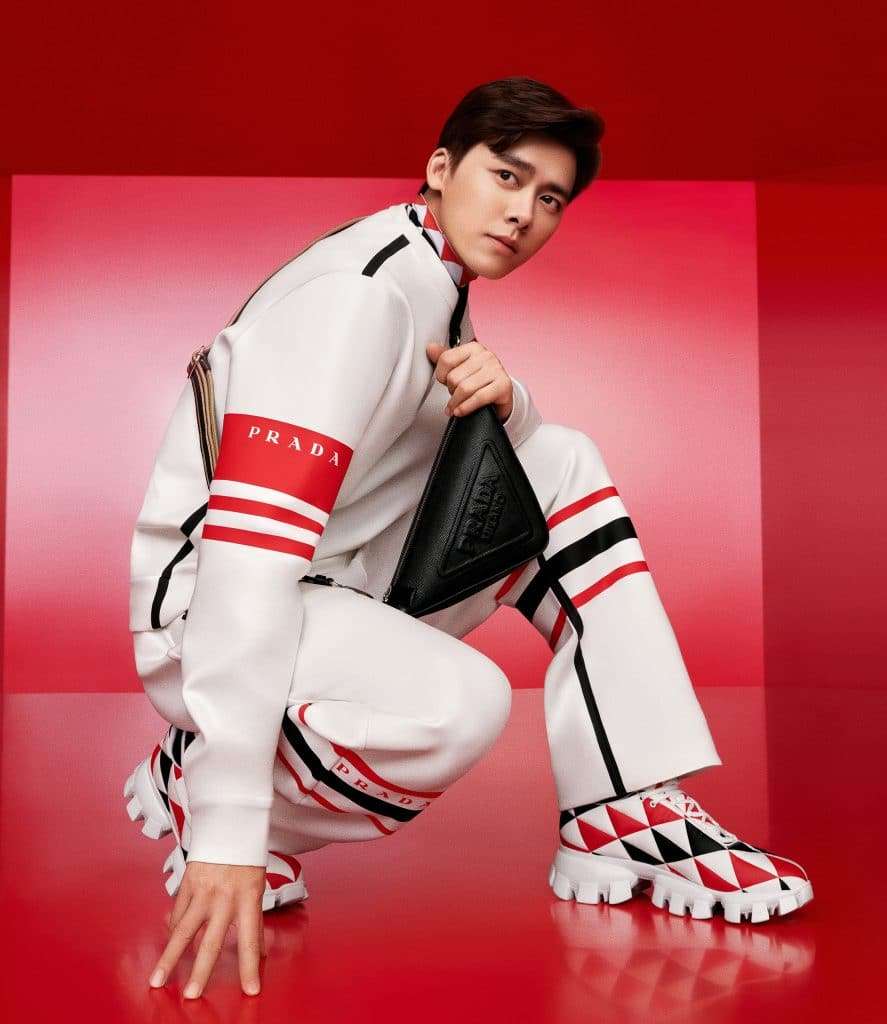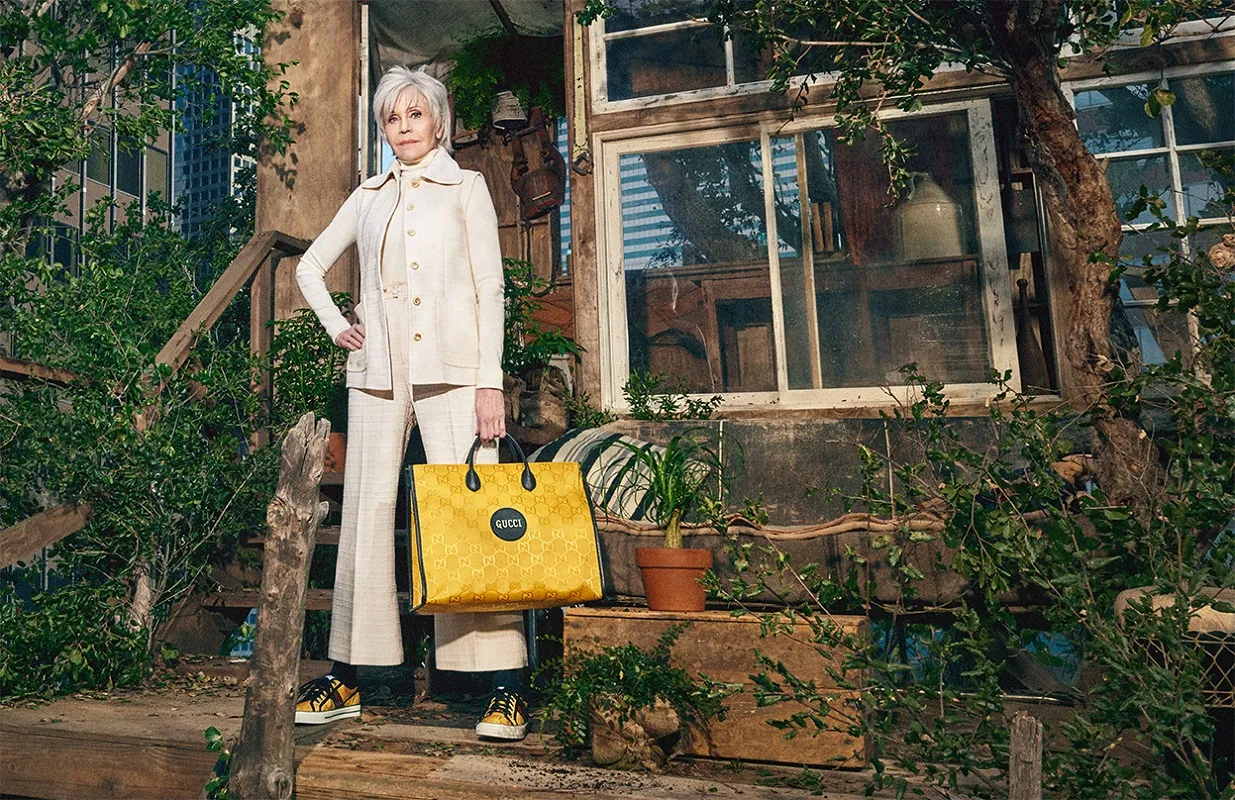A sustainable animal-free leather company receives backing from Gucci parent Kering and Leonardo DiCaprio for its cell-based technology.
Gucci parent company Kering has been working in secret with Vitrolabs, a California-based startup that’s growing leather in labs, in a process similar to cultivated meat. The two have been working together since 2018 to develop animal-free leather for the luxury label and other Kering brands which include Saint Laurent, Bottega Veneta, Balenciaga, and Alexander McQueen.
Kering led Vitrolabs’ latest funding round, which brings its total raised to nearly $50 million in two rounds with funding from cell-agriculture-focused Agronomics, Bestseller’s Invest FWD, Khosla Ventures, and actor and environmentalist Leonardo DiCaprio.

DiCaprio has invested in a number of sustainable ventures including cultivated meat brands Mosa Meats, Aleph Farms, and cell-based fish startup, Bay Area’s Wildtype. He also recently partnered with F1 driver Lewis Hamilton’s vegan burger chain, Neat Burger, which is set to open its first U.S. location later this year.
“What we’re looking to do is really change the source of where you get your animal hides from,” Vitrolabs founder and CEO Ingvar Helgason said in a statement. “The versatility of leather as a material is incredible, and the artistry and creativity get imbued into that material during the tanning process. So, it’s really exciting for us to be able to work with experienced partners in this space that can really bring out the best in our cultivated hides.”
Lab-grown animal materials
The announcement comes just a week after LVMH, Louis Vuitton’s parent company, revealed it is working on developing lab-grown fur. That partnership sees the conglomerate work with Imperial College London and Central Saint Martins University of the Arts to use cell-based technology to reproduce fur and wool that looks and feels like the real thing without the ethical issues involved in fur production.
“We are investing in Vitrolabs and are working hand-in-hand with them to bring our experience of the industry and support for developing this material by doing product quality testing, tanning and finishing,” says Marie-Claire Daveu, chief sustainability and institutional affairs officer at Kering.
Vitrolabs hasn’t revealed details about its processes or environmental impact, but it’s sure to be more sustainable than traditional leather. Animal agriculture is responsible for about 15 percent of global emissions.
There are also the environmental issues associated with leather tanning, which is linked to a host of human health issues as well as polluting waterways. While the lab-grown leather will still need tanned and finished, Helgason says it is a more simplified process with lab-grown leather because there is no hair or fat removal as is the case with animal leather.

“Over the last two years, we have been laser-focused on pushing our tissue engineering platform in order to increase efficiency and to optimize tissue production to obtain the look, feel, and performance of traditional leather at scale,” VItrolabs co-founder and stem cell scientist Dr. Dusko Ilic said.
“With several major breakthroughs in the areas of bioreactor design, bioprocess and facility design, and cell culture development, we are now on our way to a scalable process that delivers the desired premium qualities, forging a path towards the ultimate goal of industrialization.”
Kering says it’s been involved in all of these steps to ensure quality needs are met. “We have shared with them our experience and knowledge of the supply chain and have been testing different tanning and finishing processes together,” says Daveu.
Helgason says full transparency on the environmental impact assessment will come once the process is completed. “The entire raison d’être of this company is around the fact that we want to be able to show the public that this is better than traditional leather,” he says. “Our goal is to minimise the impact as much as possible, have the most thorough analysis that we can and make sure that we stand up to scrutiny.”
Kering’s sustainability efforts
The conglomerate has been leading the luxury shift to sustainability. Gucci has been a leader in sustainable materials across its range. Kering partnered with a number of brands including Adidas on addressing the wastewater issue with materials dyeing. Its watch and jewelry business co-created the Watch and Jewelry Initiative 2030 alongside Cartier last October, which aims to bring the industry into unified sustainability benchmarks.
The project is the world’s first to use cell-based technology for the development of leather. It’s tech widely used in replacing meat, poultry, and fish. The sector now includes more than 100 companies. More than $1.2 billion was raised for the cell-based sector in 2020. Last month, industry leader Upside Foods, nabbed $400 million in the largest funding round in the category—even despite regulatory hurdles.
Currently, only Singapore allows the sale of cultivated meat. The USDA is not expected to approve the sale of lab-grown meat for at least another year. But safety concerns could push it back even further.

That’s not likely to be the case for lab-grown leather or fur though. Materials don’t require regulatory approval, but the tech will likely face pushback from the leather industry. It’s not likely to slow the effort, however. Consumers are eager for sustainable alternatives, especially in luxury items. And the world’s top brands are in a crunch to reduce their emissions and environmental footprint as the leading climate scientists call for urgent reductions in emissions.
“We are constantly looking for new solutions and investing in innovations that can help address our main challenges in sustainability, such as sustainable sourcing and traceability,” says Daveu. “We are convinced that without breakthrough solutions, we won’t be able to reach our sustainability targets. Vitrolabs is a startup with whom we have been able to build a partnership, among others, to ensure that our priorities (highest quality standards and scalability) were taken into account in the creation process.”
Luxury labels have been exploring leather alternatives, chiefly mushrooms. Kering’s Stella McCartney debuted Mylo mushroom leather last year at Paris Fashion Week. The limited-edition handbag is expected to go on sale later this year. Also under the Kering umbrella, Alexander McQueen revealed during its recent New York show that it was also experimenting with mushroom leather. French luxury house Hermès has been developing a mushroom leather bag with MycoWorks. It’s expected to hit the market this year.
“There has been an explosion of companies that are developing alternative materials to leather,” says Helgason. “However at VitroLabs, our cultivated animal leather preserves the biological characteristics that the industry, craftsmen, and consumers know and love about leather, while eliminating the most environmentally and ethically detrimental aspects of the conventional leather manufacturing process associated with its sourcing.”
Read about Gucci’s running shoes made from recycled materials.


